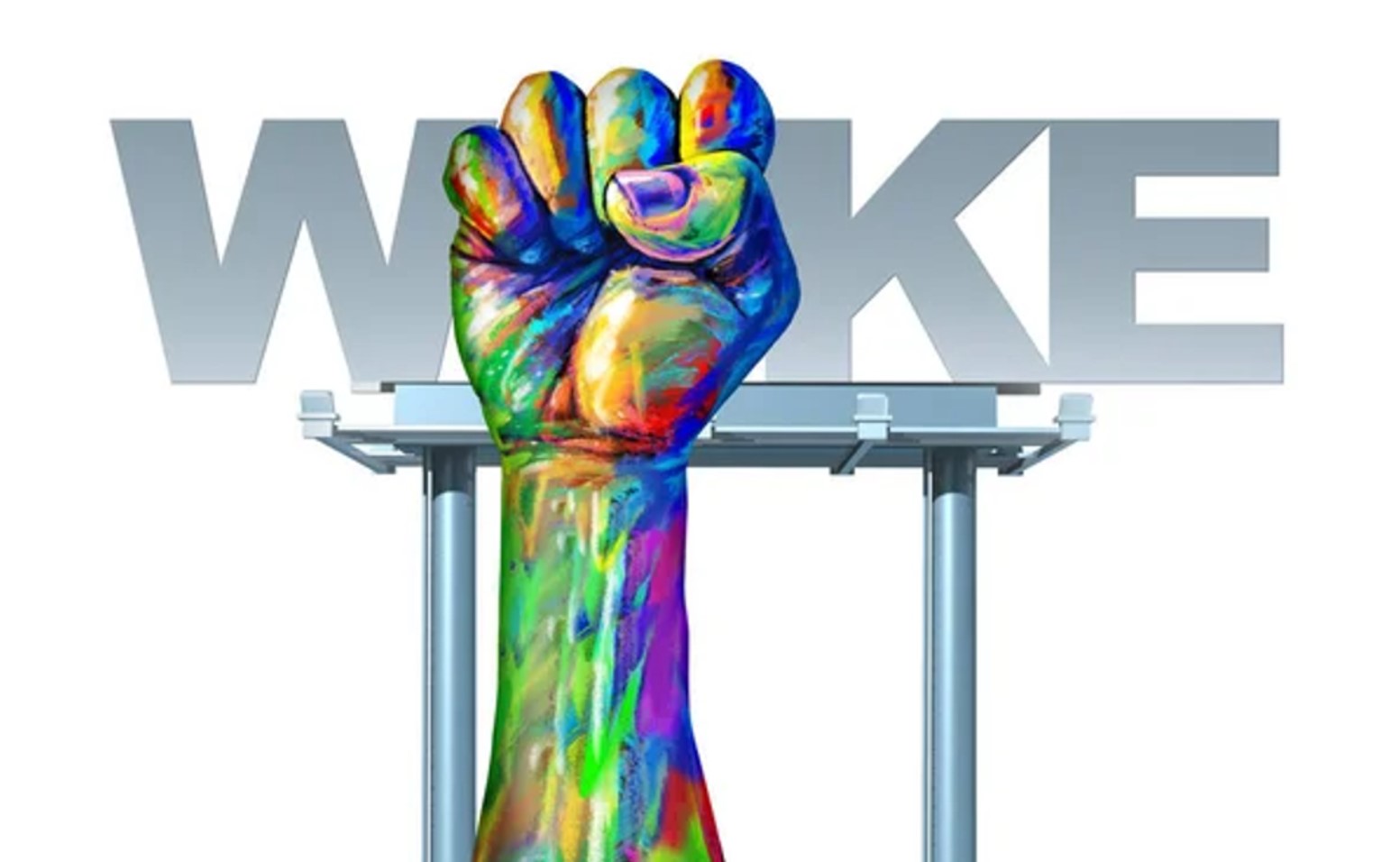The world around us is changing exponentially faster than it ever has before. From technology to climate change, human rights, and global connectedness, humans today have more freedom and awareness than ever before.
However, a new study from Finland has shown that this hyper-awareness of our and our neighbors’ realities is directly leading to anxiety and depression.
The “Woke” Study in Finland

“Woke” has become a common vernacular in today’s world. By definition, it means “aware and actively attentive to important societal facts and issues (especially issues of racial and social justice.)”
Because woke culture has become so popular around the world, a group of psychological researchers in Finland wanted to find out how it affects people’s mental wellness.
Studying the Mentality of Woke Culture

Researchers from the University of Turku in Finland first surveyed 851 people, but after they noticed an extremely interesting result, they expanded the study to include 5,000 people throughout the country.
The first task was to identify seven truths about woke people to be able to classify participants as either “woke” or not. The truths included the following statements: “We don’t need to talk more about the color of people’s skin;” “If white people have on average a higher level of income than black people, it is because of racism;” and “University reading lists should include fewer white or European authors.”
The Seven Woke Truths

The other statements said, “A white person cannot understand how a black person feels equally well as another black person,” and “Microaggressions should be challenged often and actively.”
Additionally, they reverse-scored the statements: “Trans* women who compete with women in sports are not helping women’s rights” and “A member of a privileged group can adopt features or cultural elements of a less privileged group.”
The Study Found Women Were Typically More Woke Than Men

One of the first things they noticed after asking the participants to agree or disagree with these seven statements was that far more women agreed than men.
Senior researcher at the INVEST Research Flagship Centre at the University of Turku and author of the study, Oskari Lahtinen, told the press, “The gender divide was probably most surprising to me. Three out of five women view ‘woke’ ideas positively, but only one out of seven men.”
They Then Asked Participants About Their Mental Health

After determining which members of the study had woke ideas and which didn’t, the psychological researchers asked participants to answer a few questions about their mental health.
They found that those who mostly or entirely agreed with the statements were more likely to report lower levels of mental well-being than those who disagreed.
One Statement Correlated With Depression More Than Any Other

The study found that specifically, those who agreed with the statement “If white people have on average a higher income than black people, it is because of racism” had a higher prevalence of anxiety and depression than the others.
Essentially leading to the conclusion that those who believe racism is present in the economy are more unhappy than those who don’t.
Is Ignorance Truly Bliss?

Of course, the next logical question to this result is why people who have woke ideas are less likely to be happy than those who don’t.
Although it’s almost impossible to pinpoint the exact reason, the most commonly accepted theory is that ignorance is, in fact, bliss. Those who are not overly concerned with social injustice simply have less to worry about and are, therefore, happier.
Fighting for Social Justice Can Be Depressing

The sad truth is that fighting for social justice is often quite depressing, As soon as someone starts reading about genocide, racial inequality, sexism in sports and the workplace, or the reality of white privilege, it’s hard to forget it.
At some point, it starts to feel as though there are far too many problems deeply entrenched in our culture to ever be truly happy again.
Activism Can Also Feel Rewarding, But Only When It Works

Of course, some activists would argue that fighting for injustice can be incredibly rewarding. Though the majority would likely say that feeling only comes about when real and lasting change is made.
And as history has proven, it is exceptionally difficult to change the system, so that feeling of accomplishment is quite hard to come by.
The Format of This Study Can Be Used in Countries Around the World

Before the study in Finland, there was virtually no formula for studying the correlation between social activism or woke ideas and mental health.
As Lahtinen explained, “This debate was largely data-free and it could thus be considered a worthwhile question to study how prevalent these attitudes are. No reliable and valid instrument existed prior to the study to assess the extent and prevalence of these attitudes in different populations, so I set out to develop one.”
Finish Researchers Hope a Similar Study Will Be Conducted in the USA

The findings in Finland were quite interesting, but they aren’t enough to confirm the hypothesis that woke culture increases depression and anxiety around the world.
Lahtinen told the press, “The scale would need to be validated in North American samples in order to know how these attitudes manifest there. I encourage colleagues in the United States to study the prevalence of these attitudes in the country where they originate from.”
